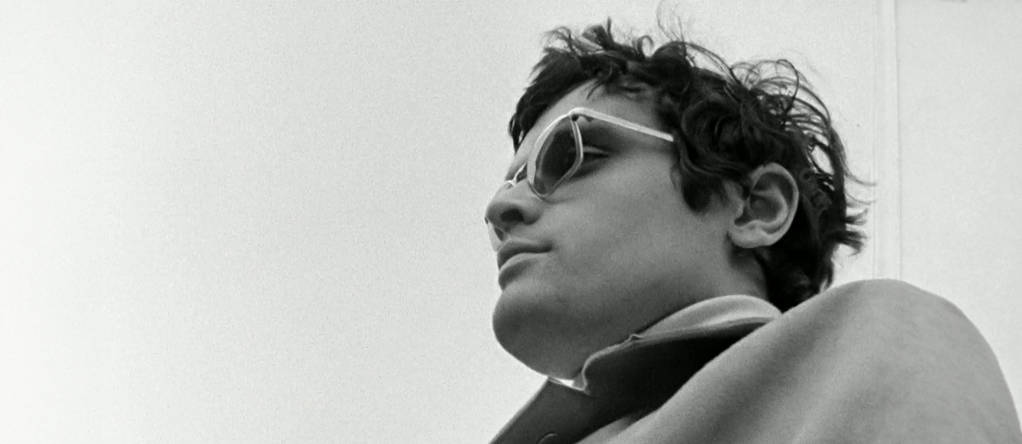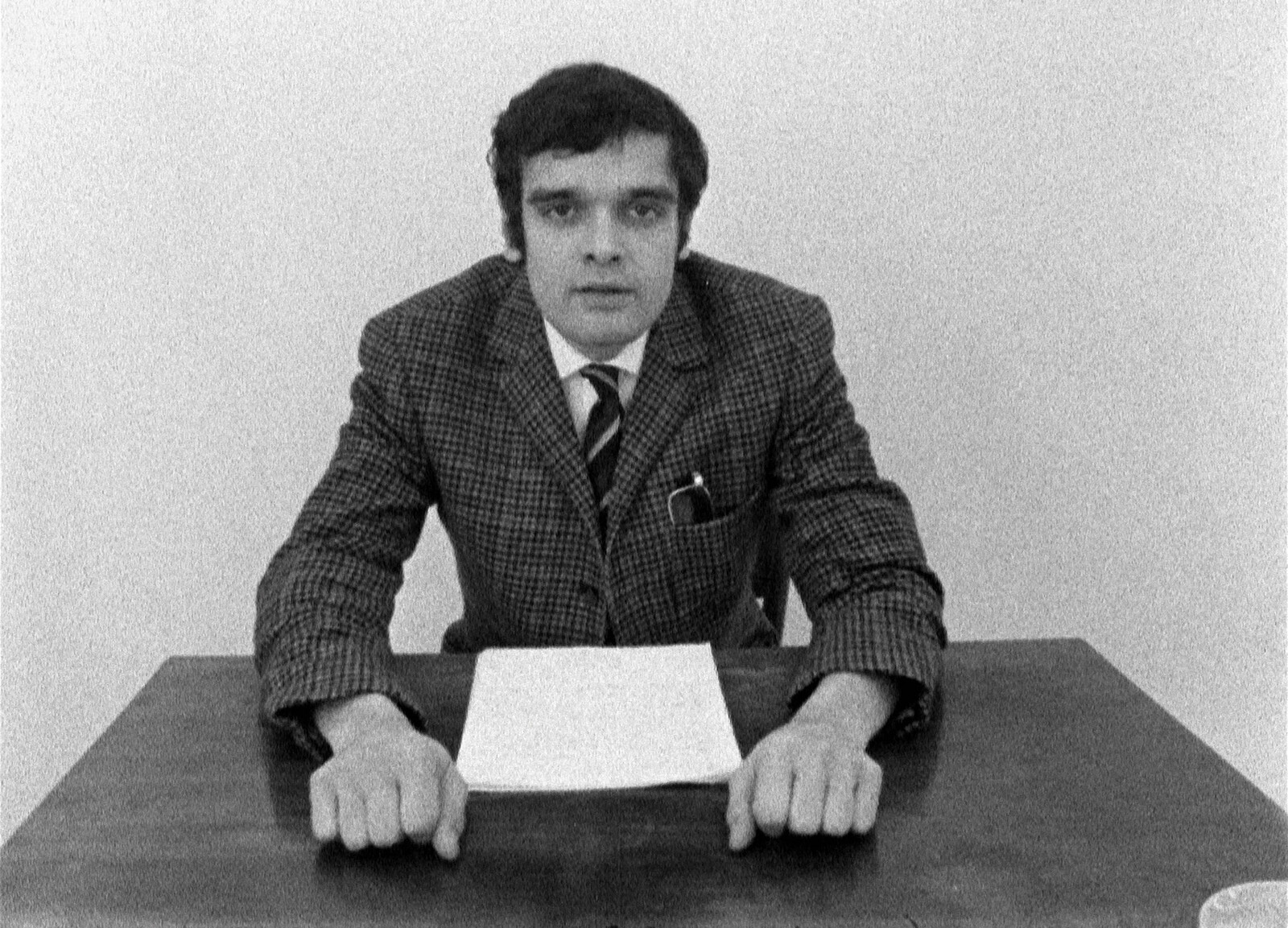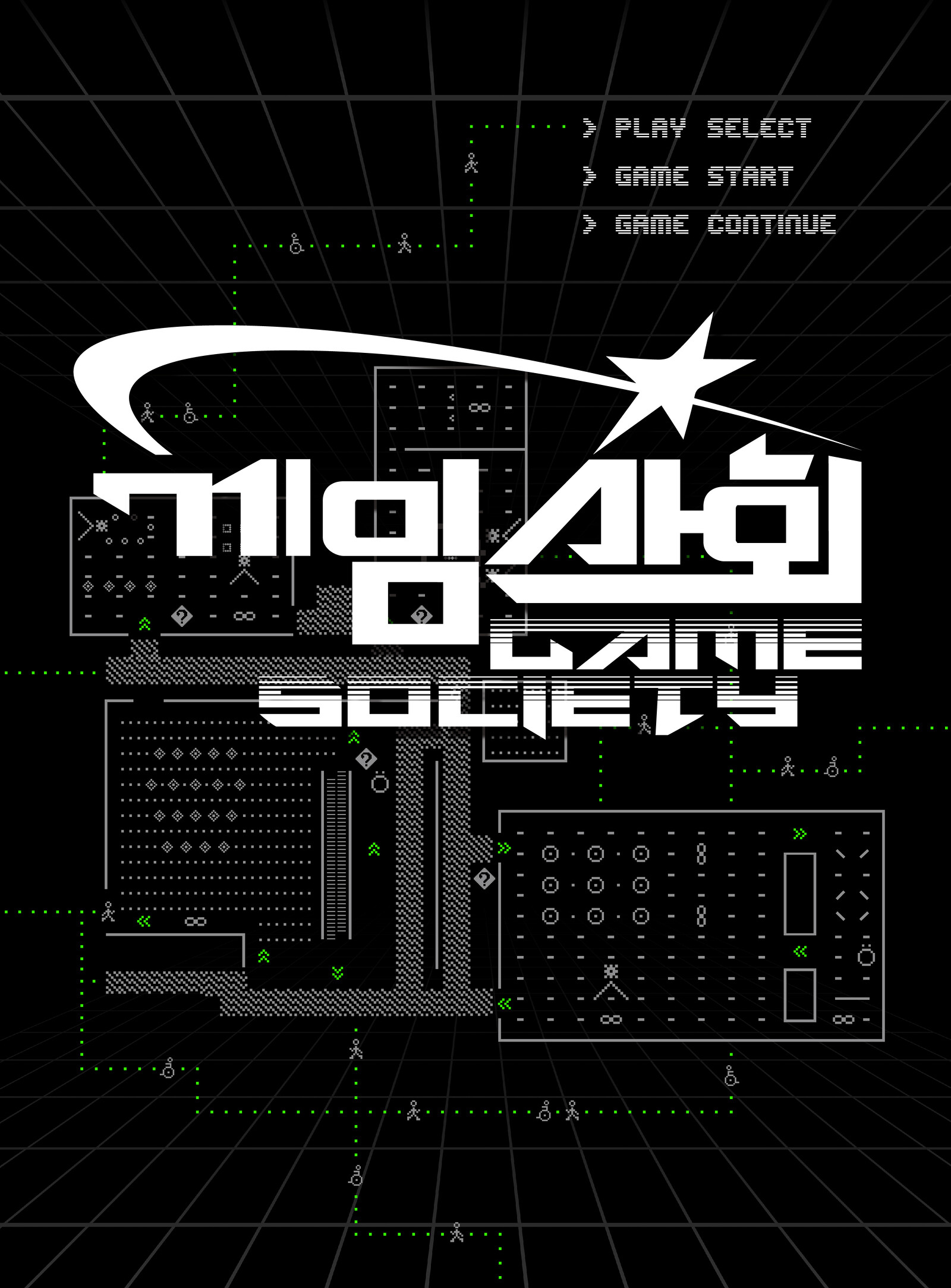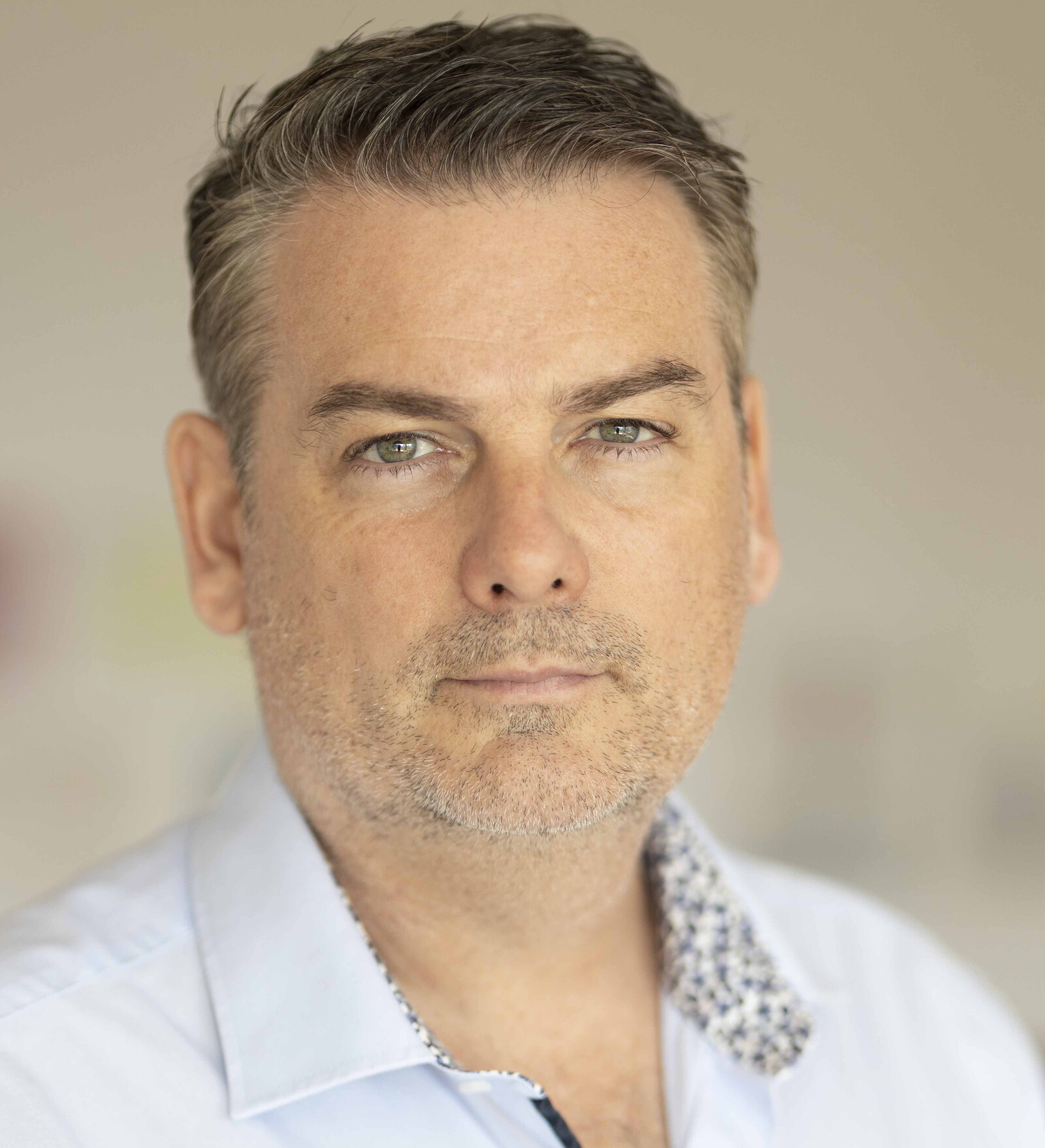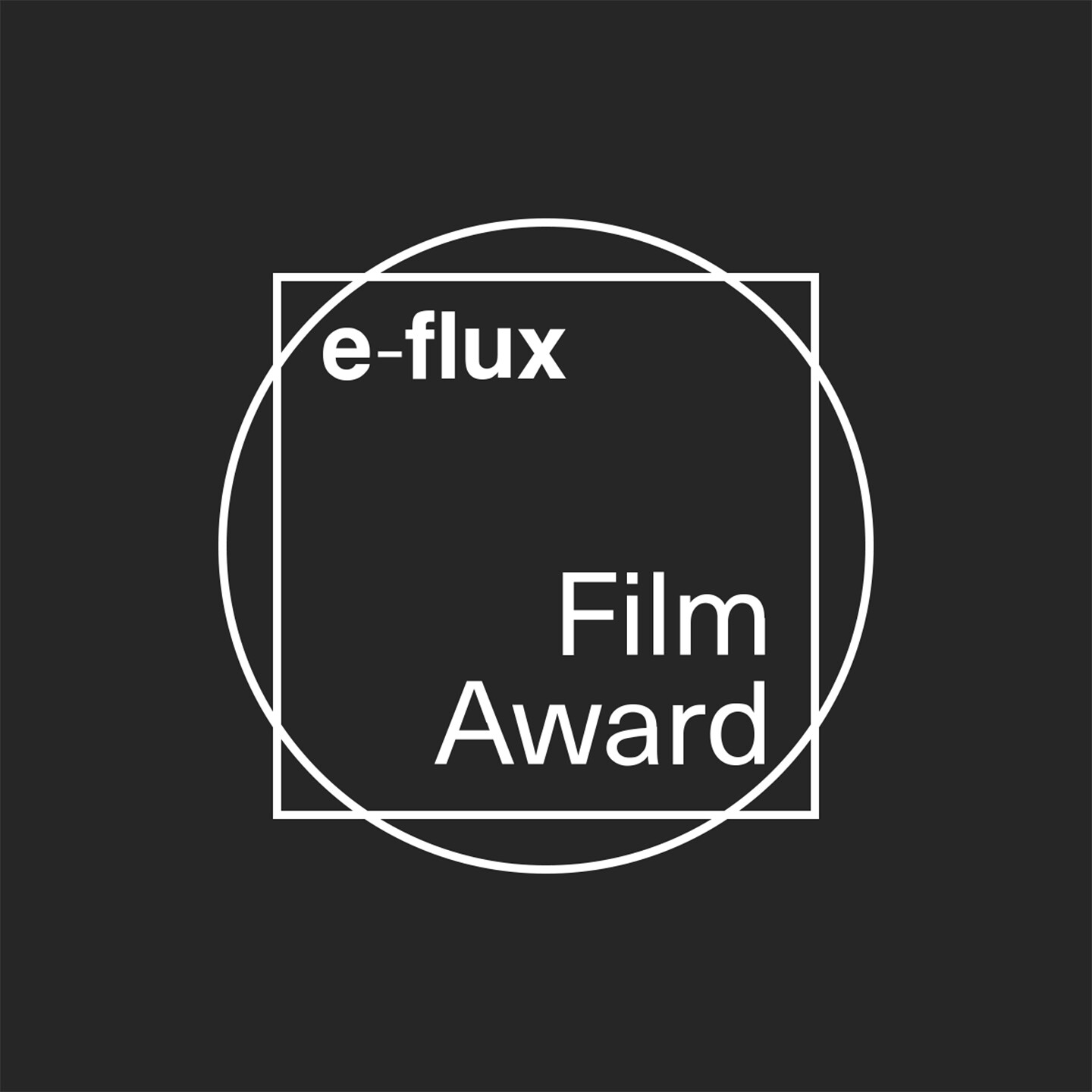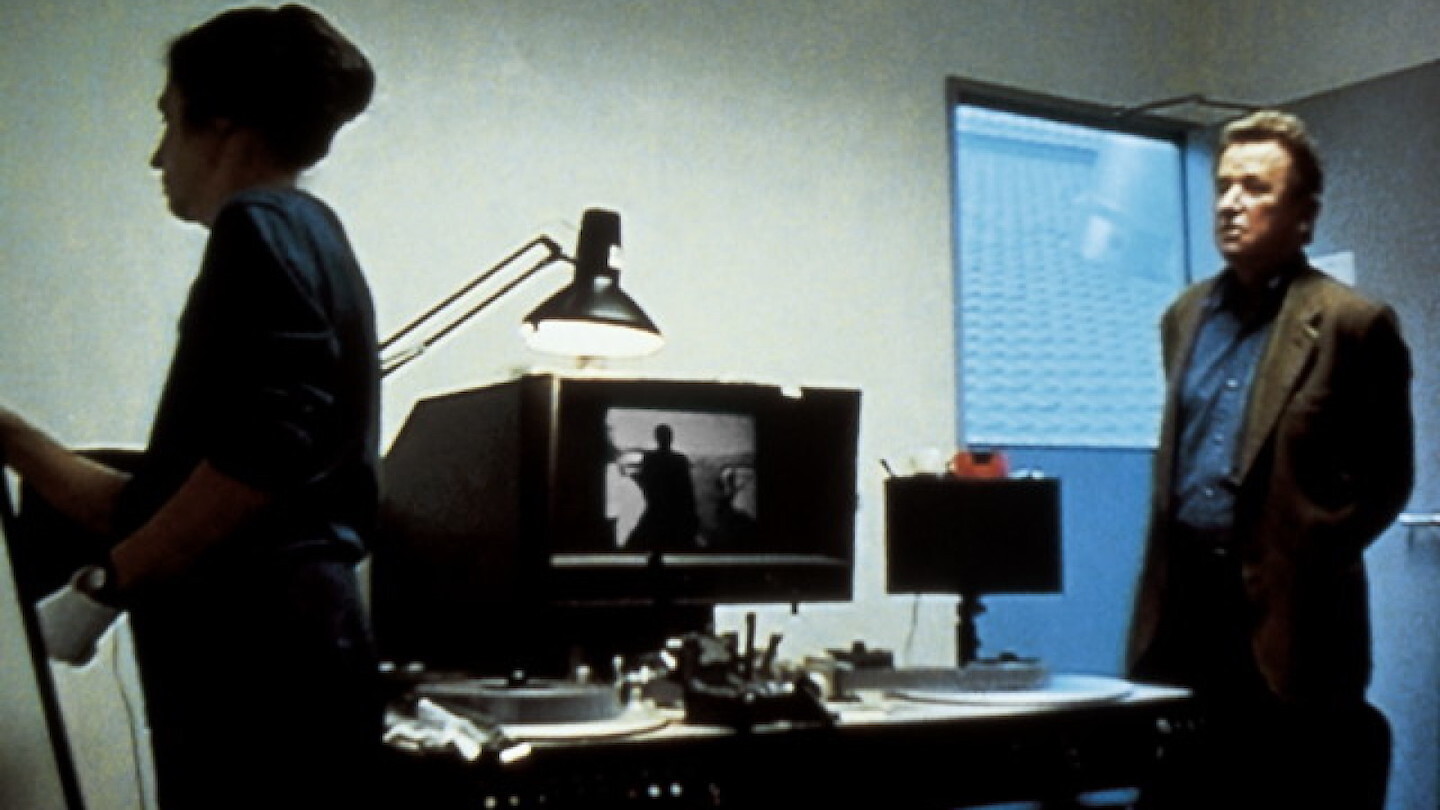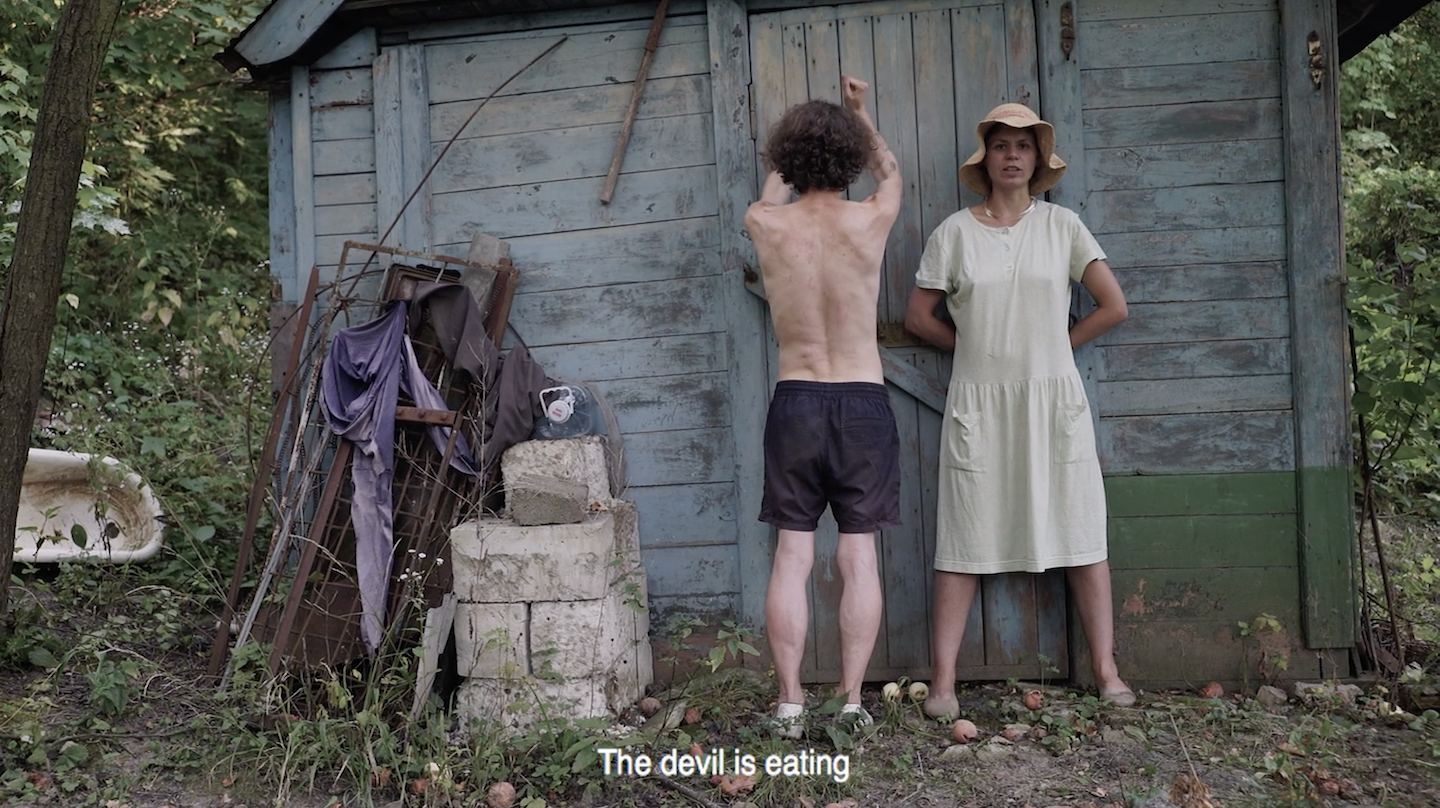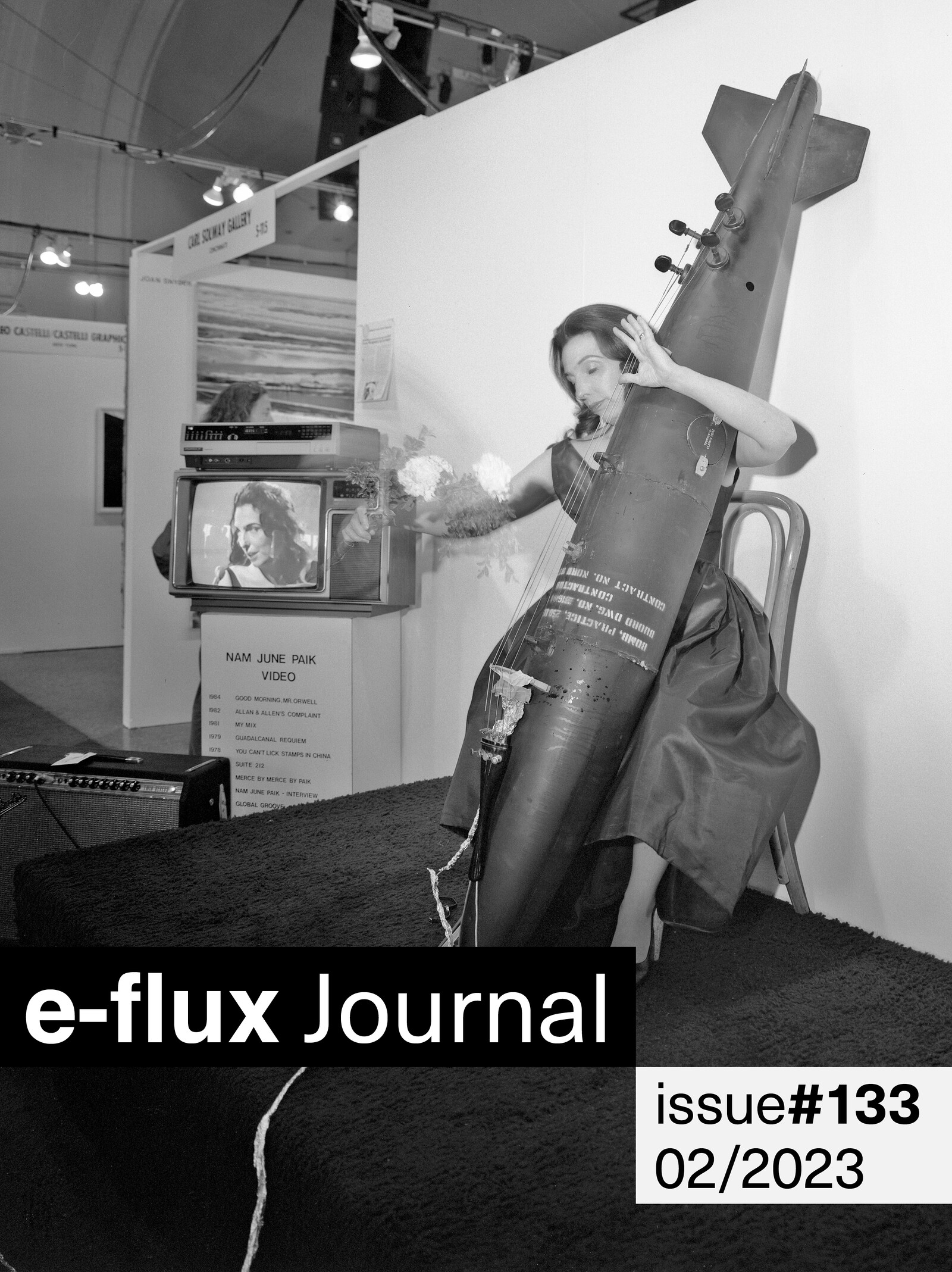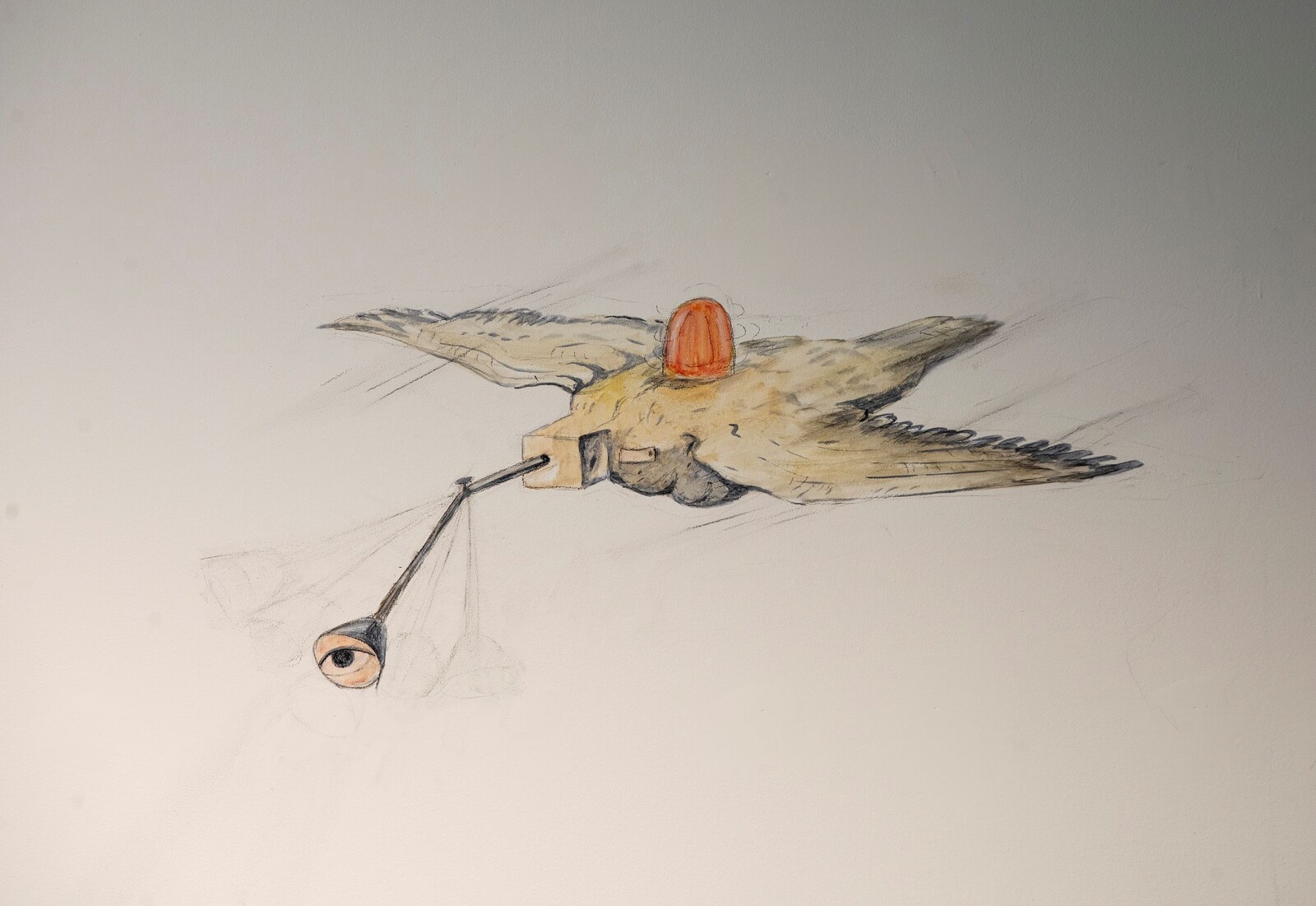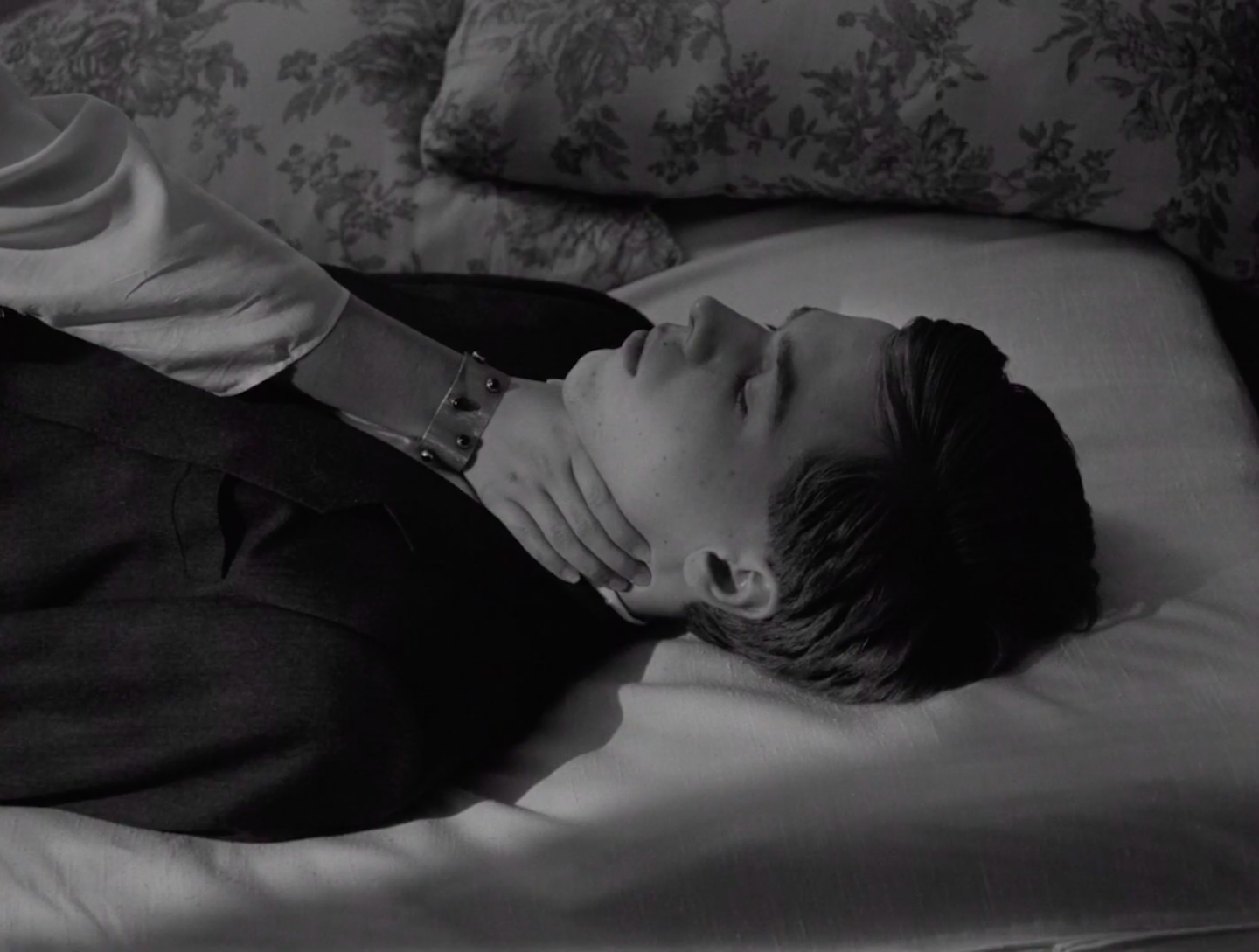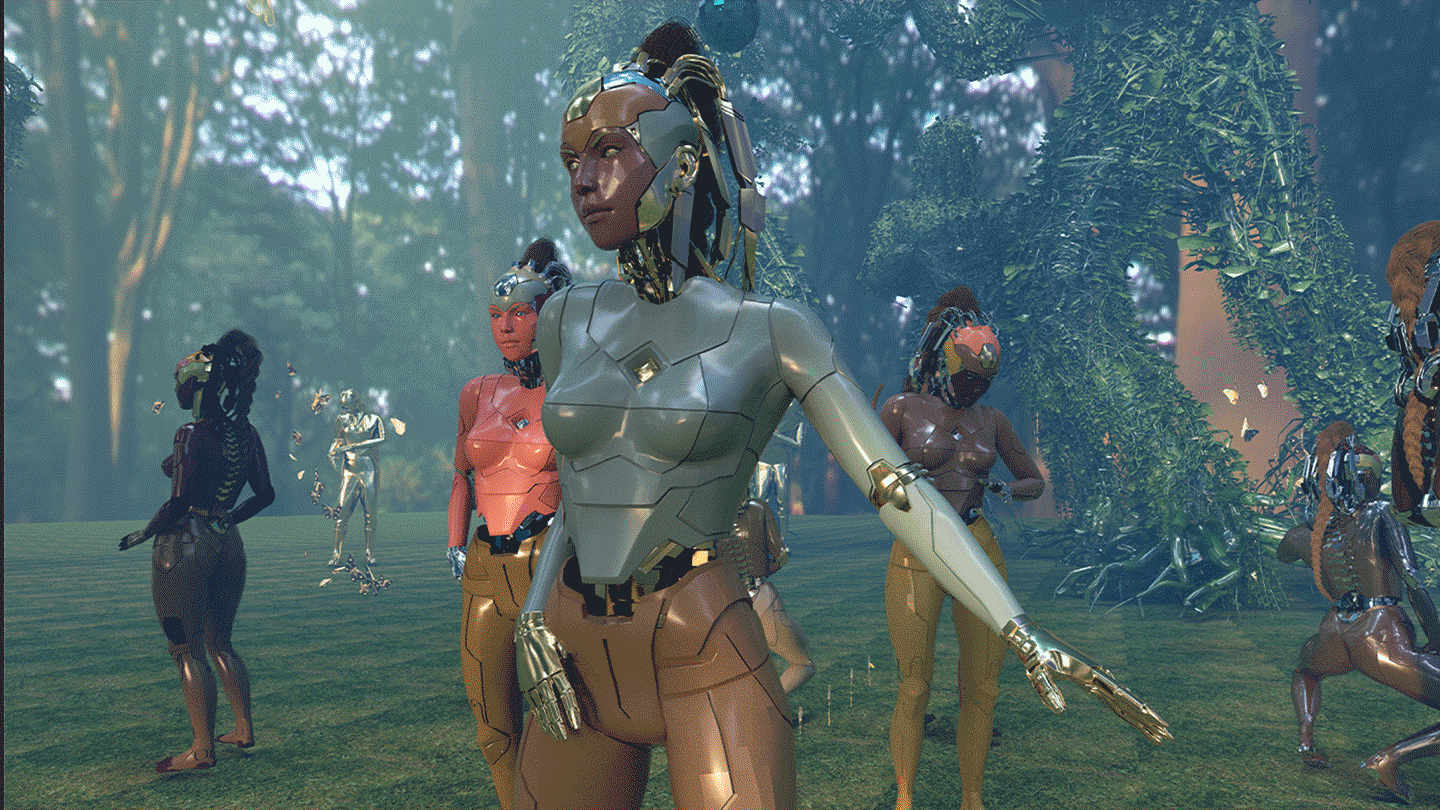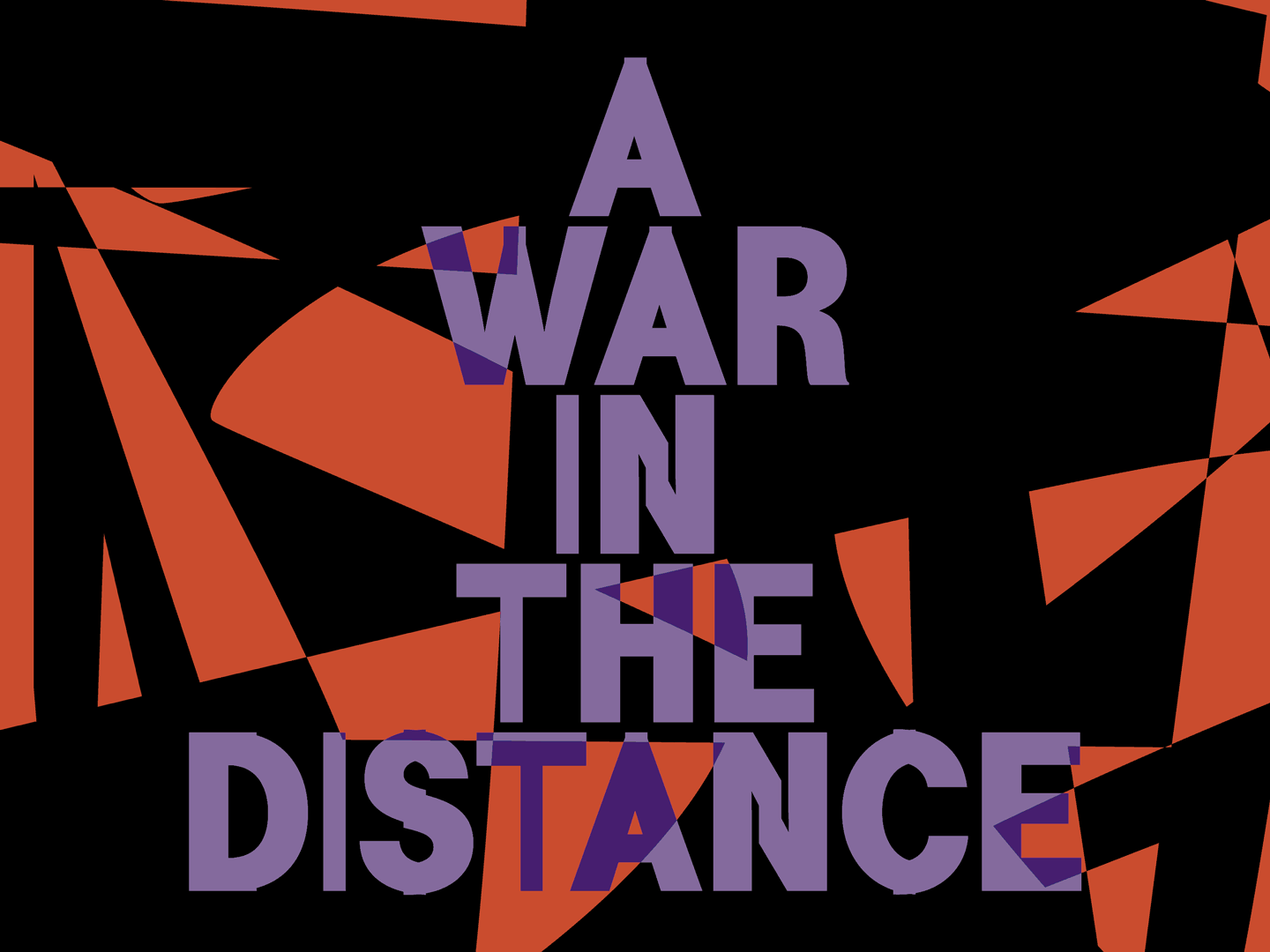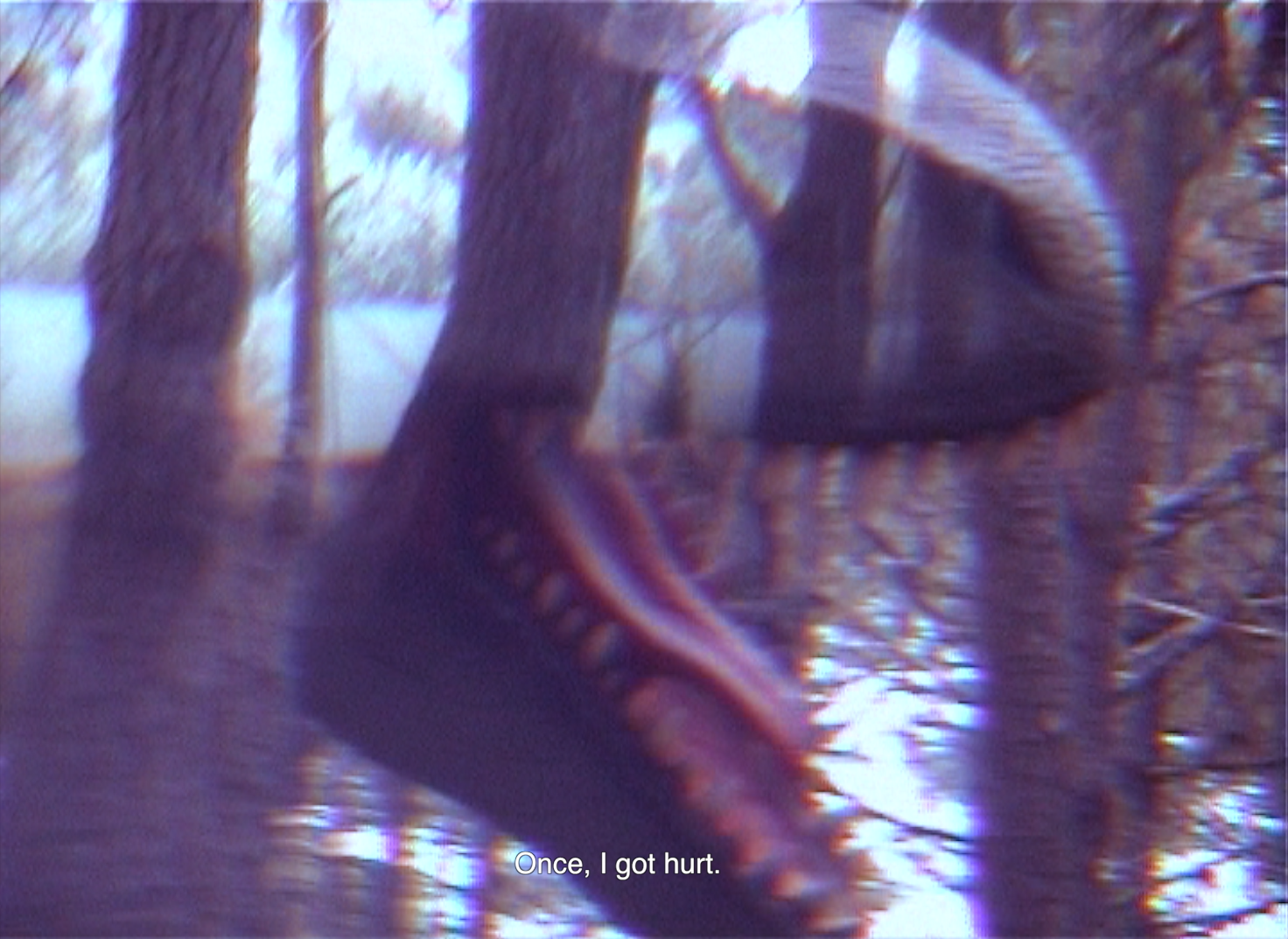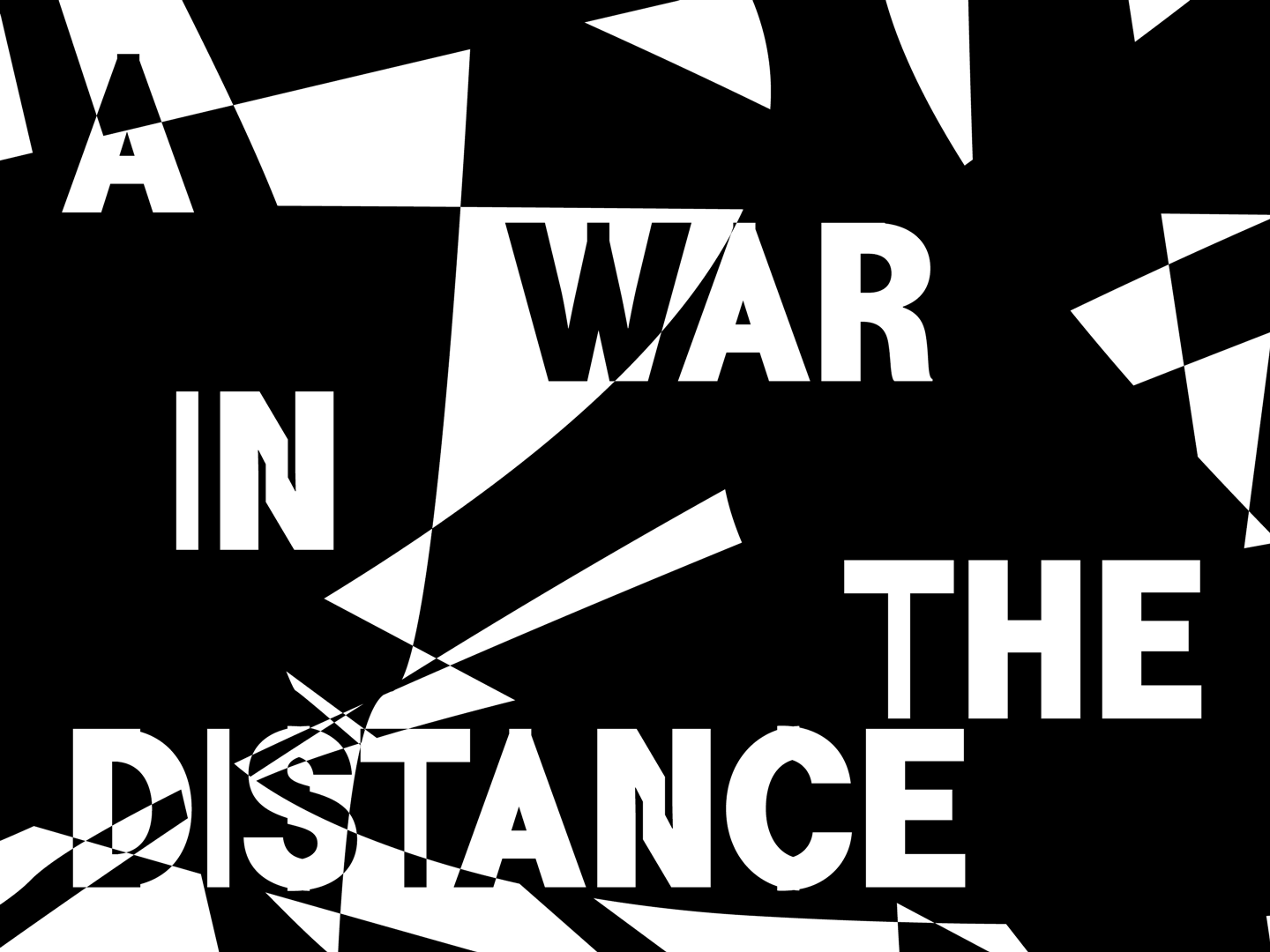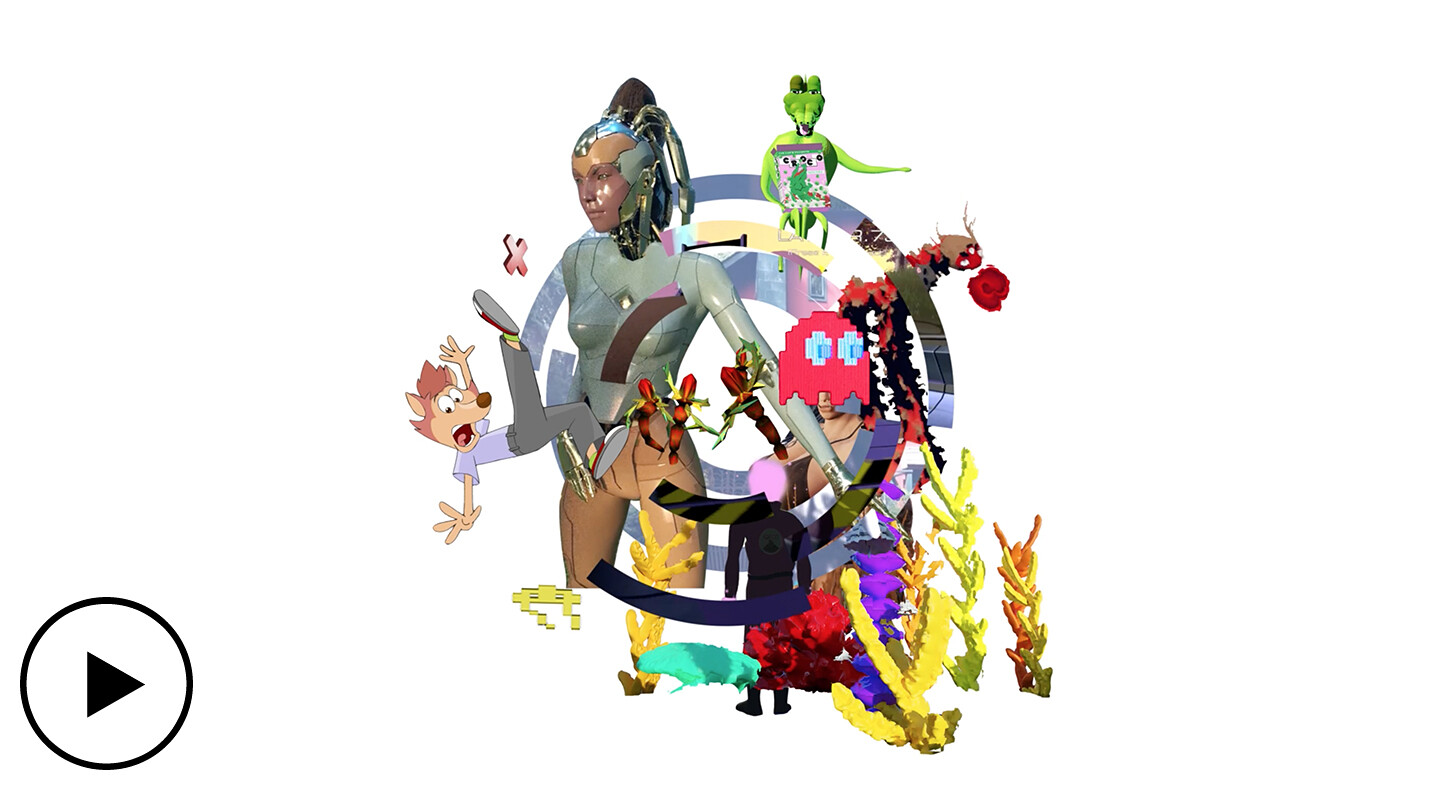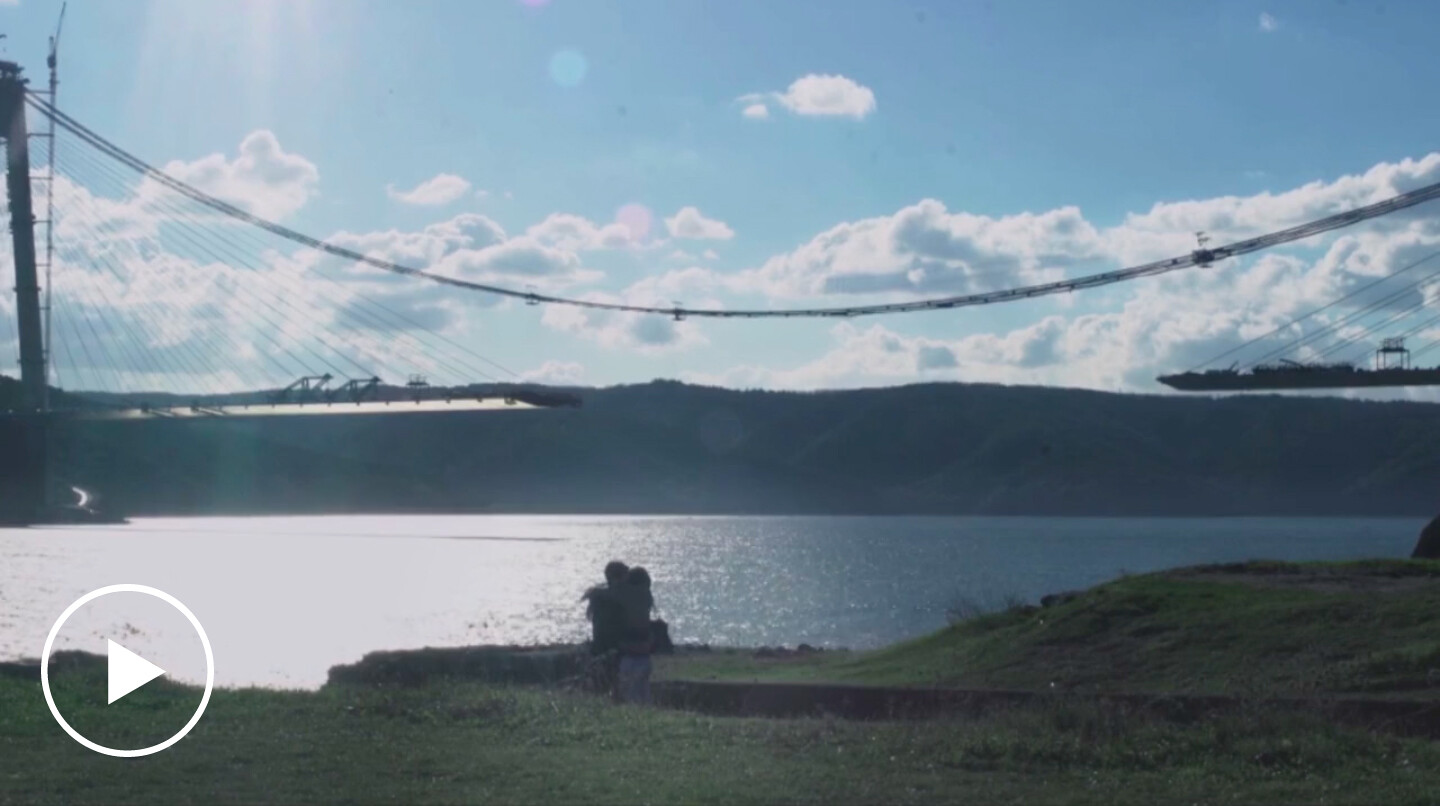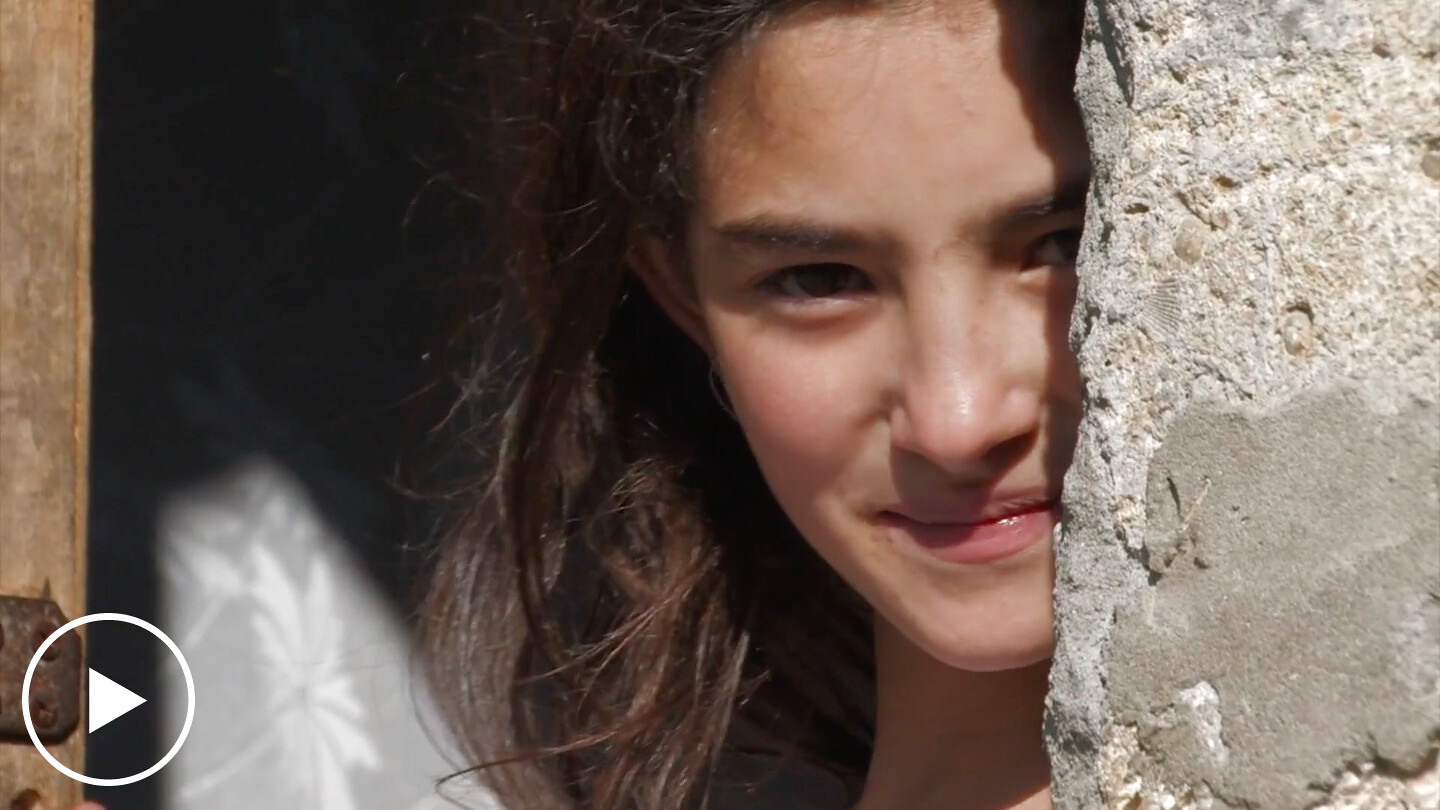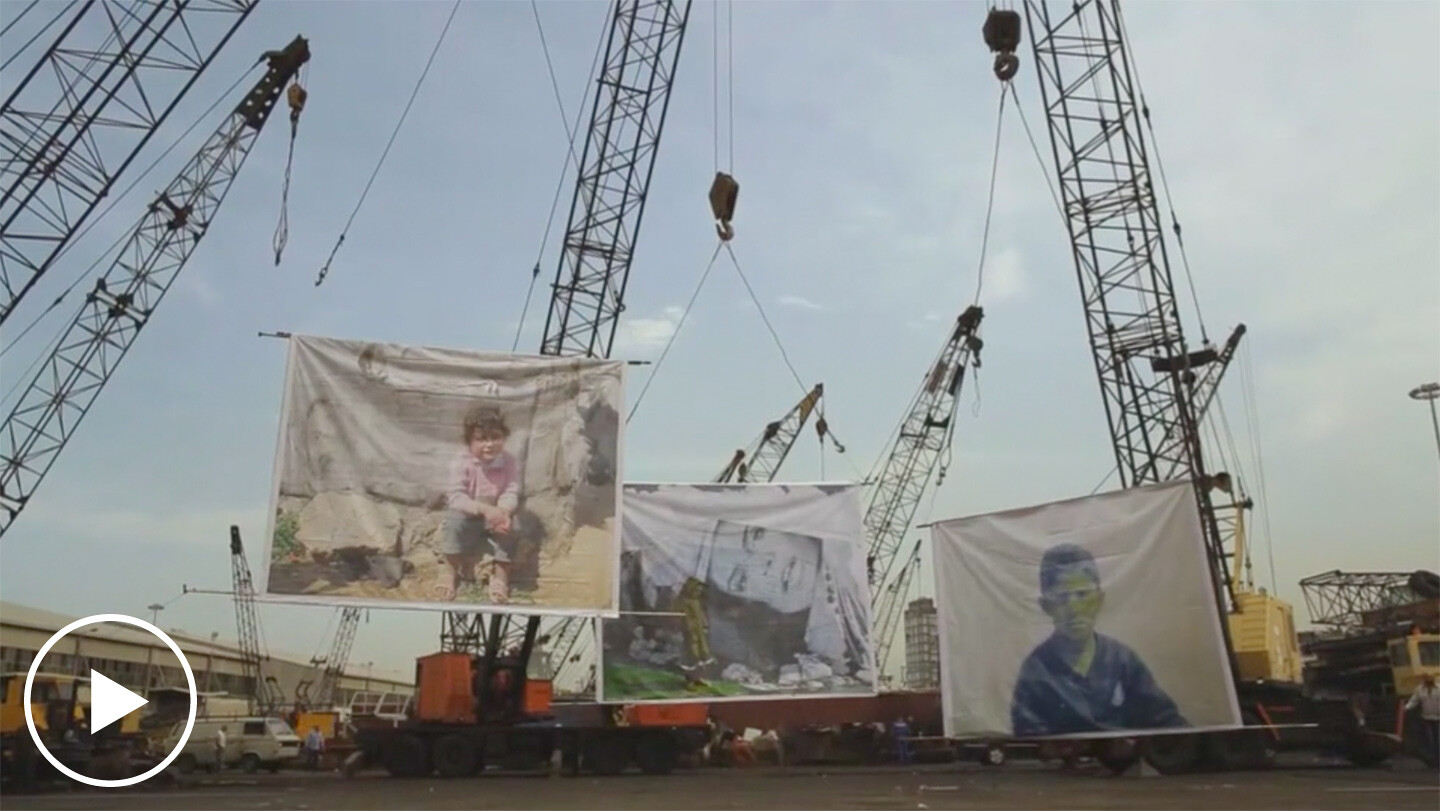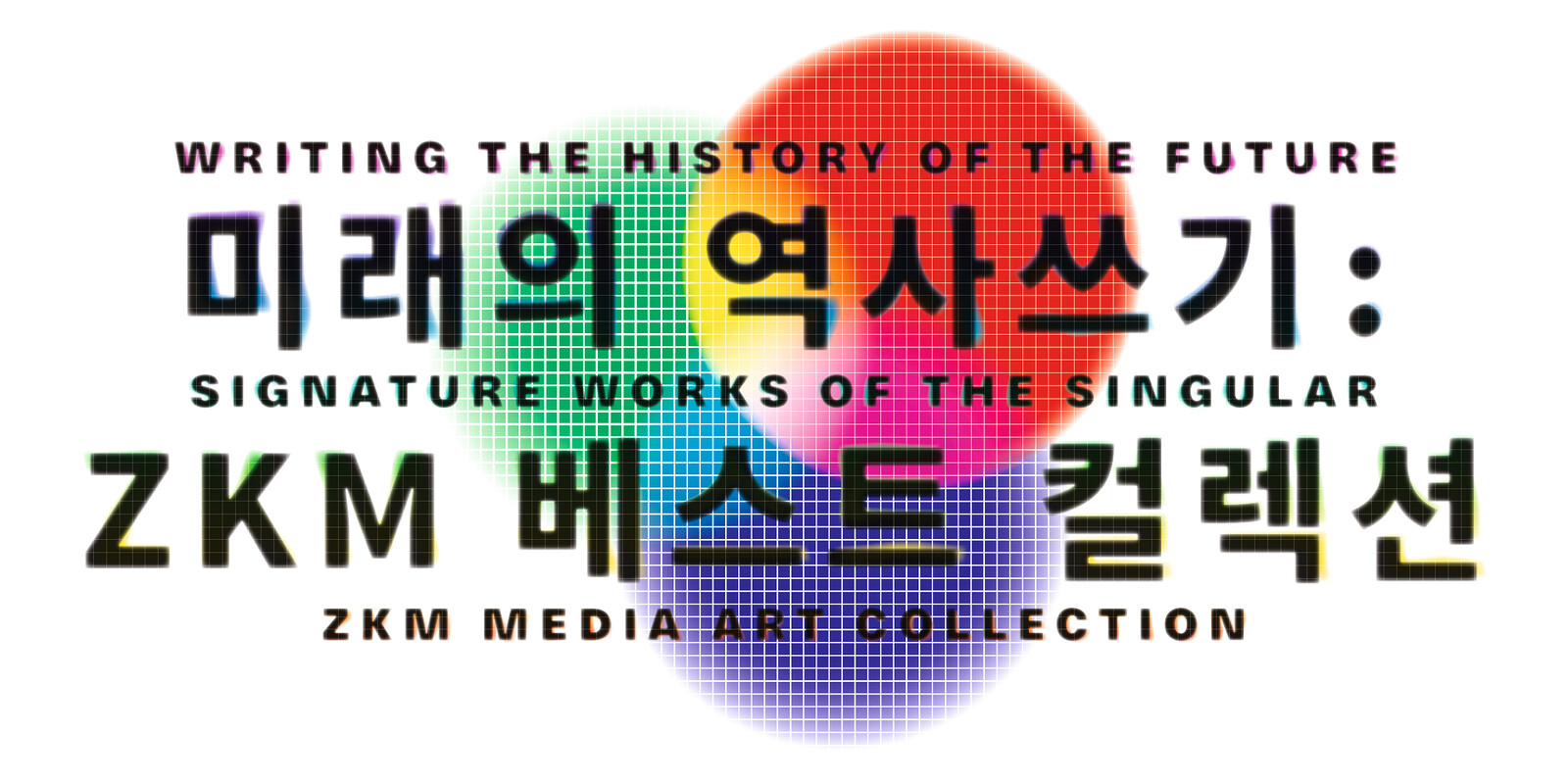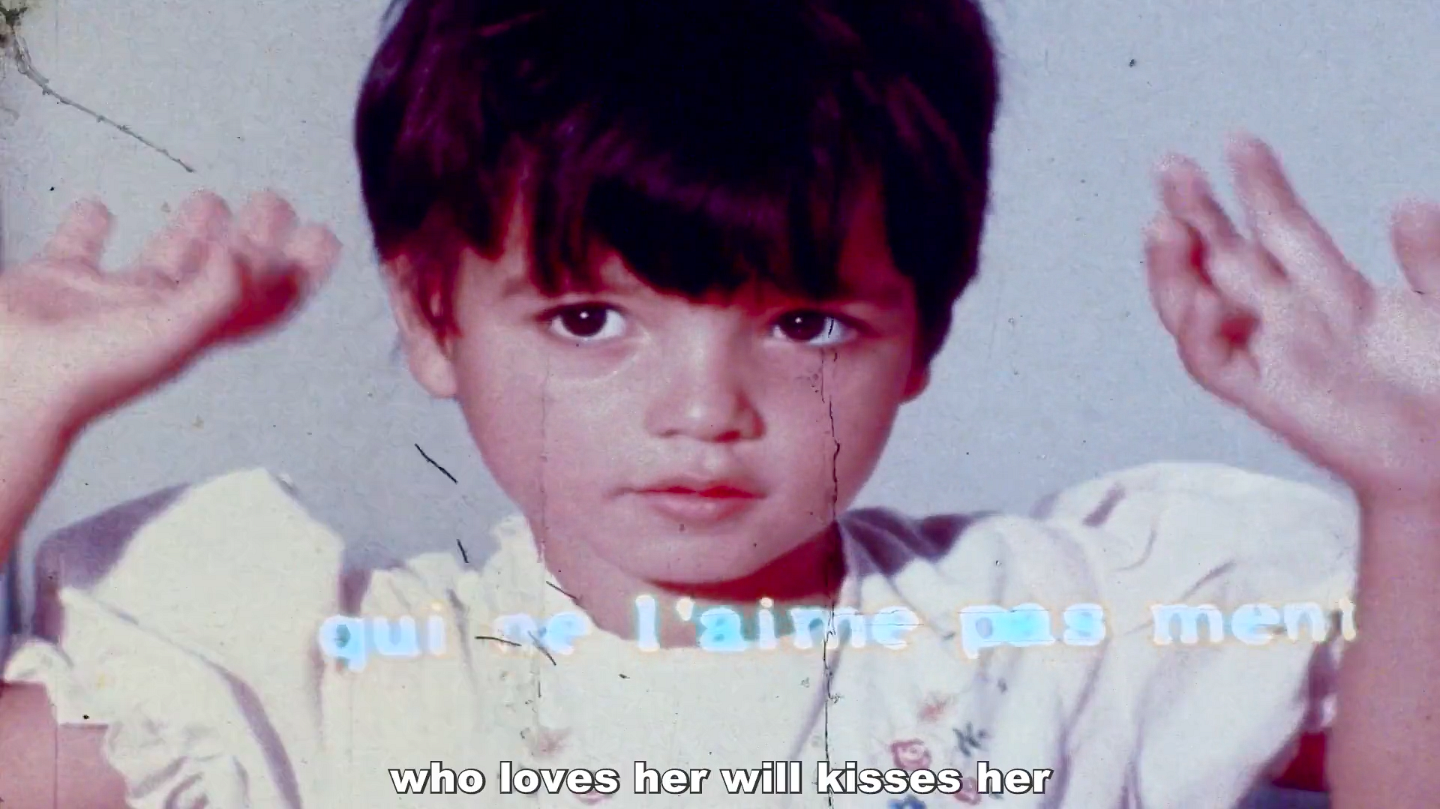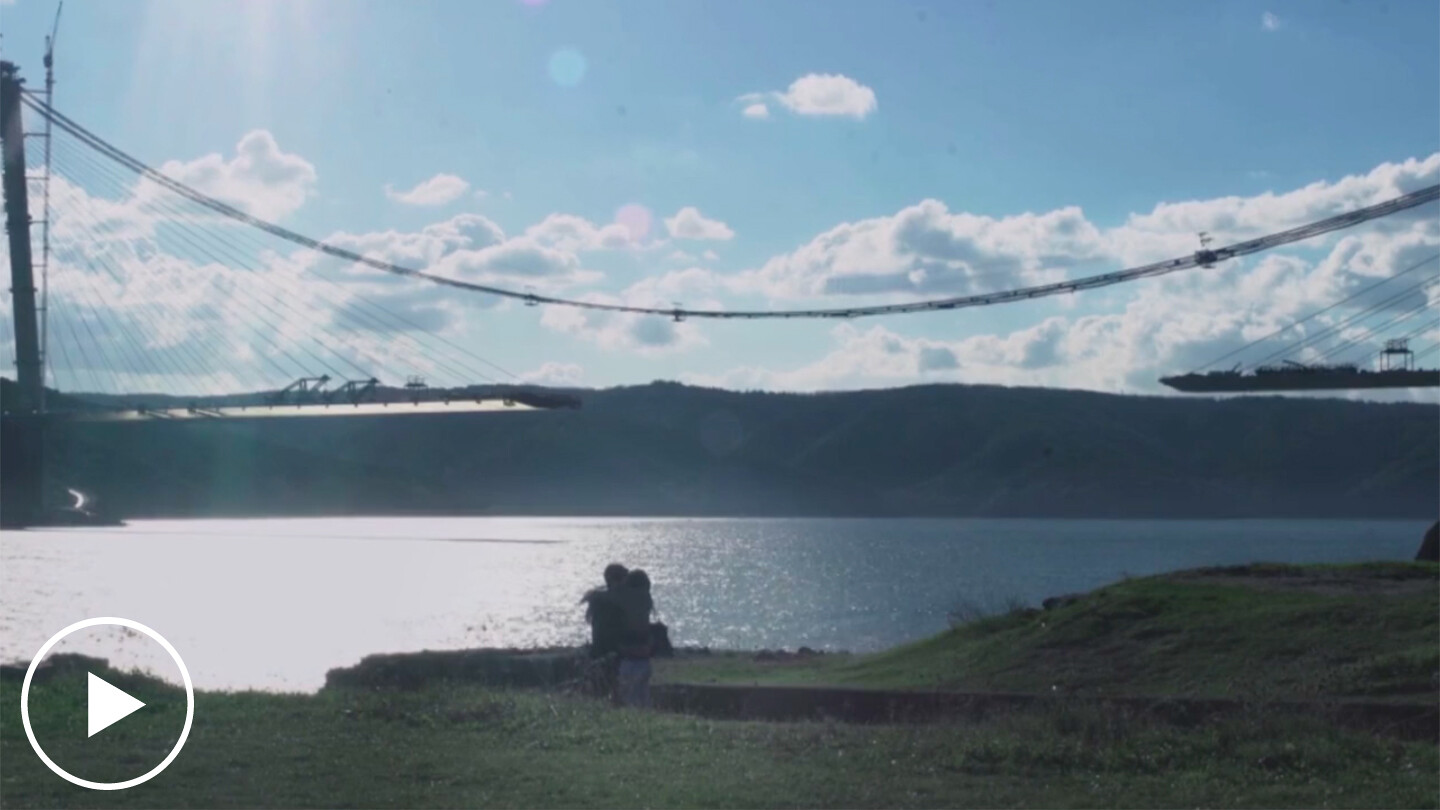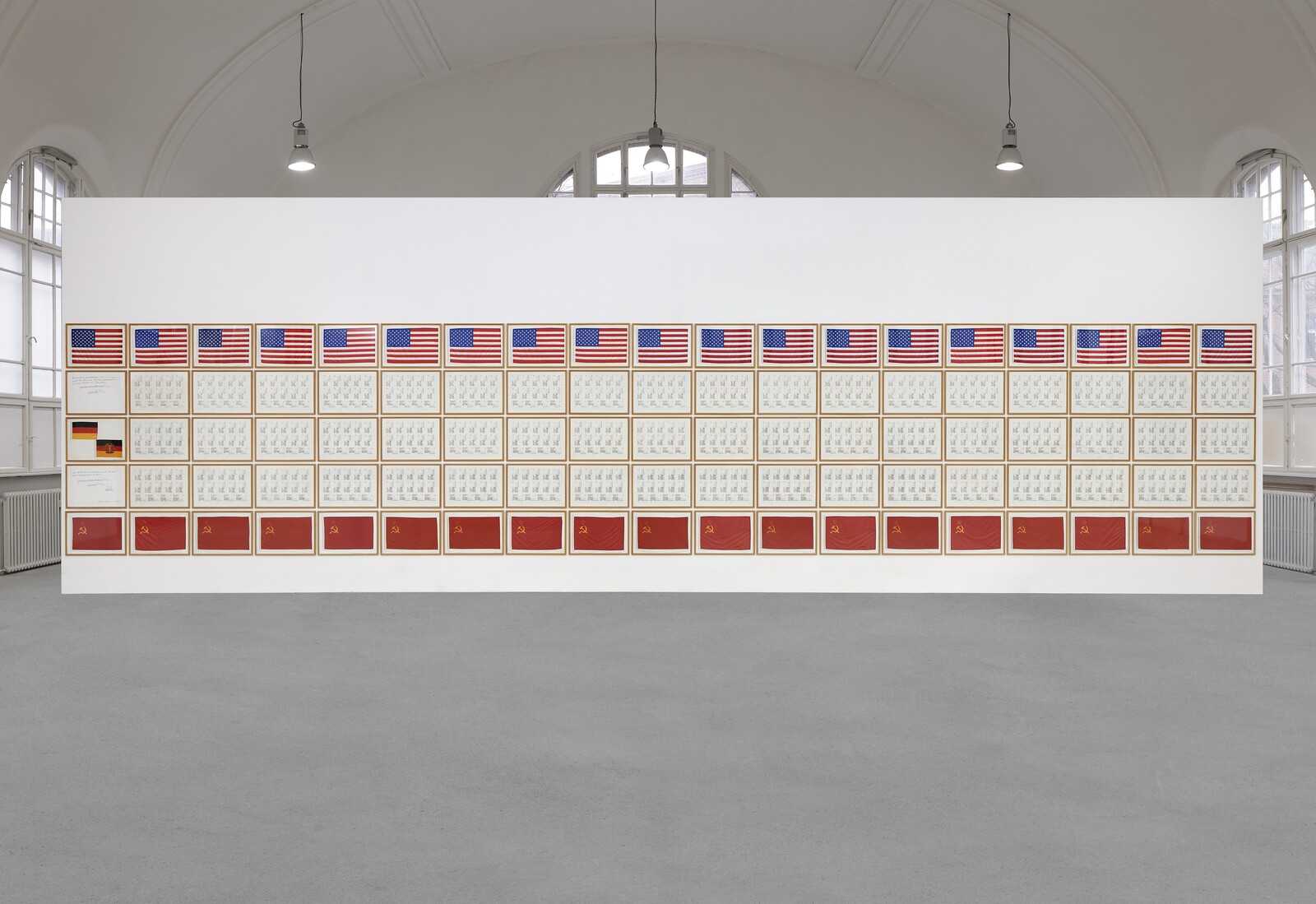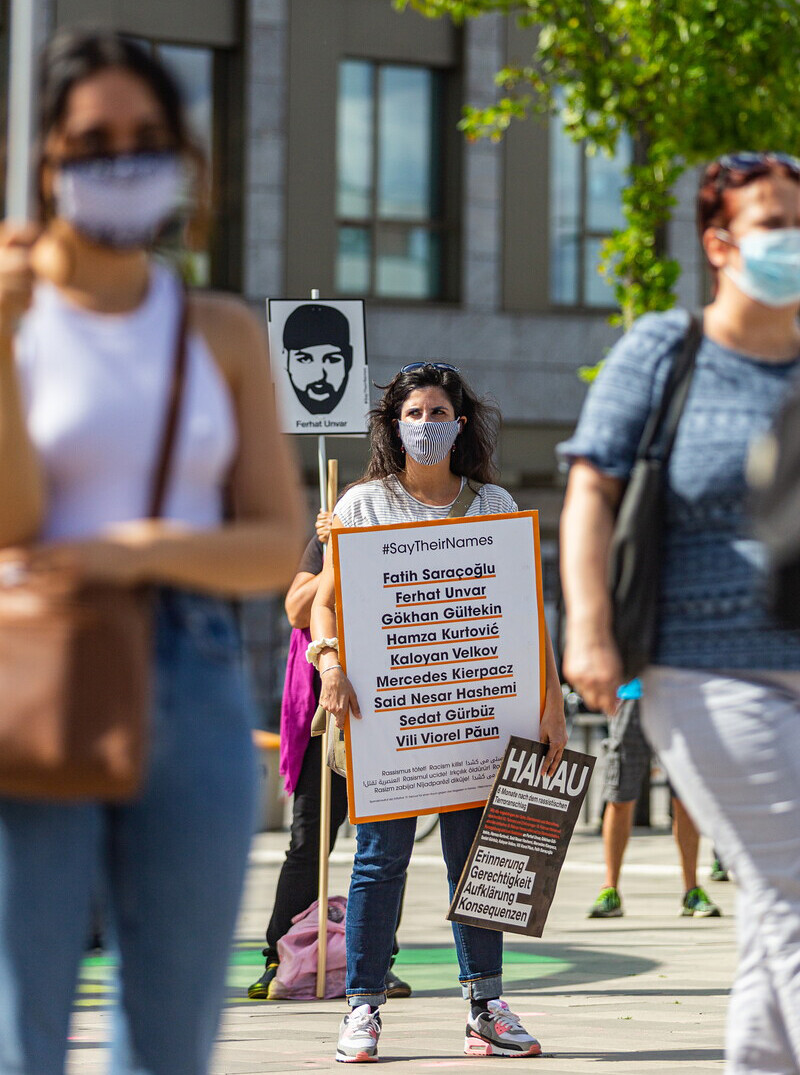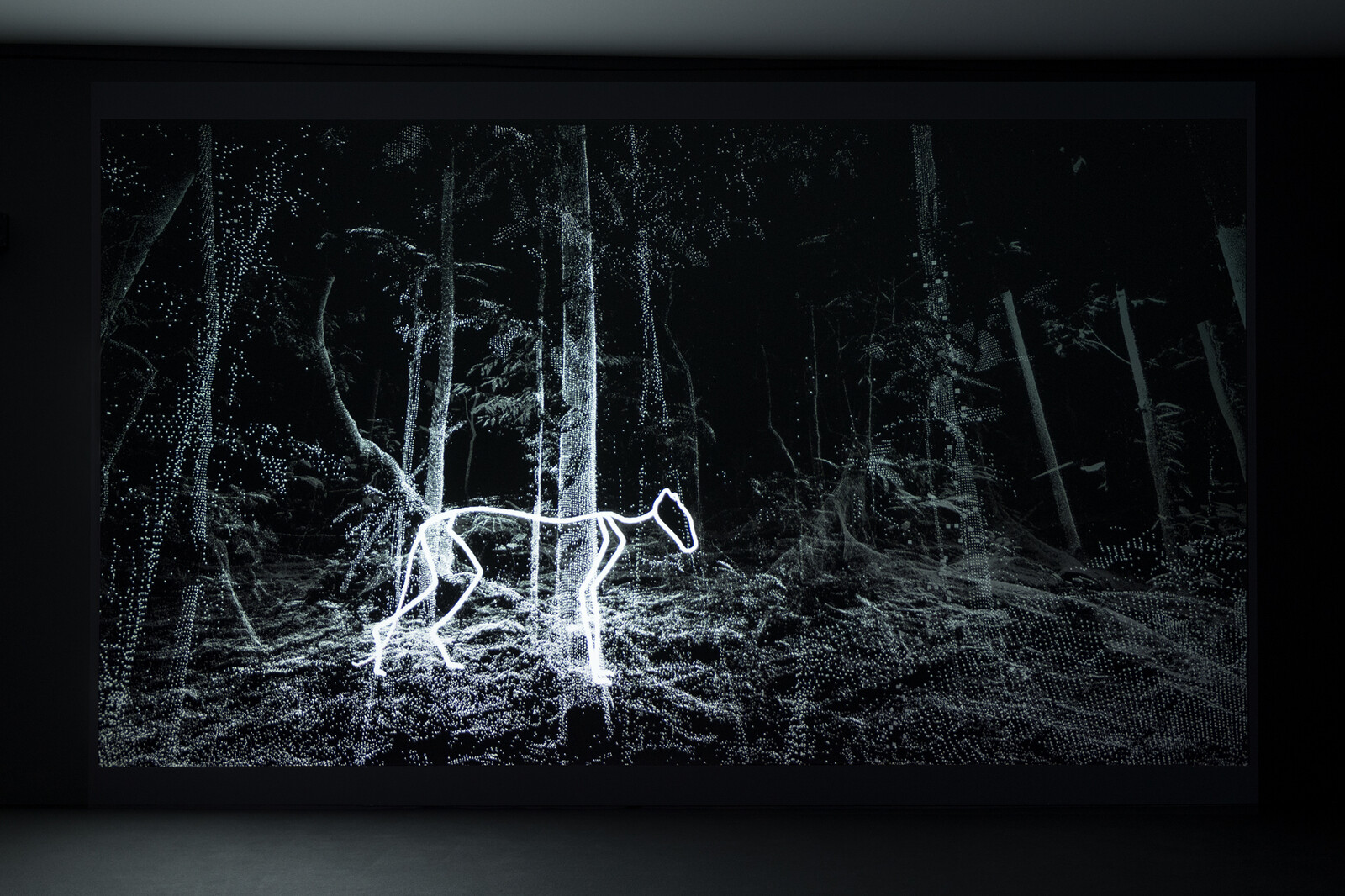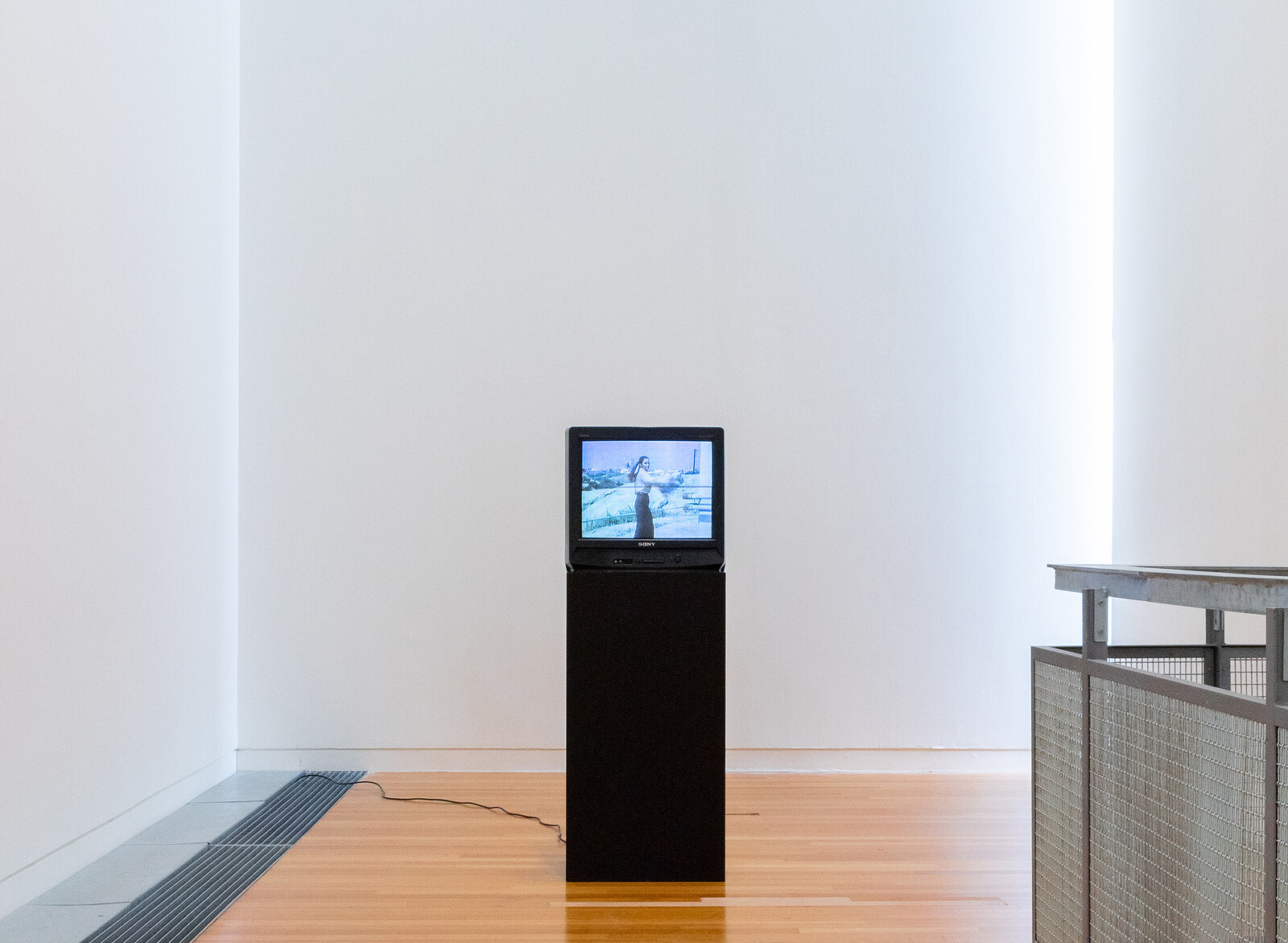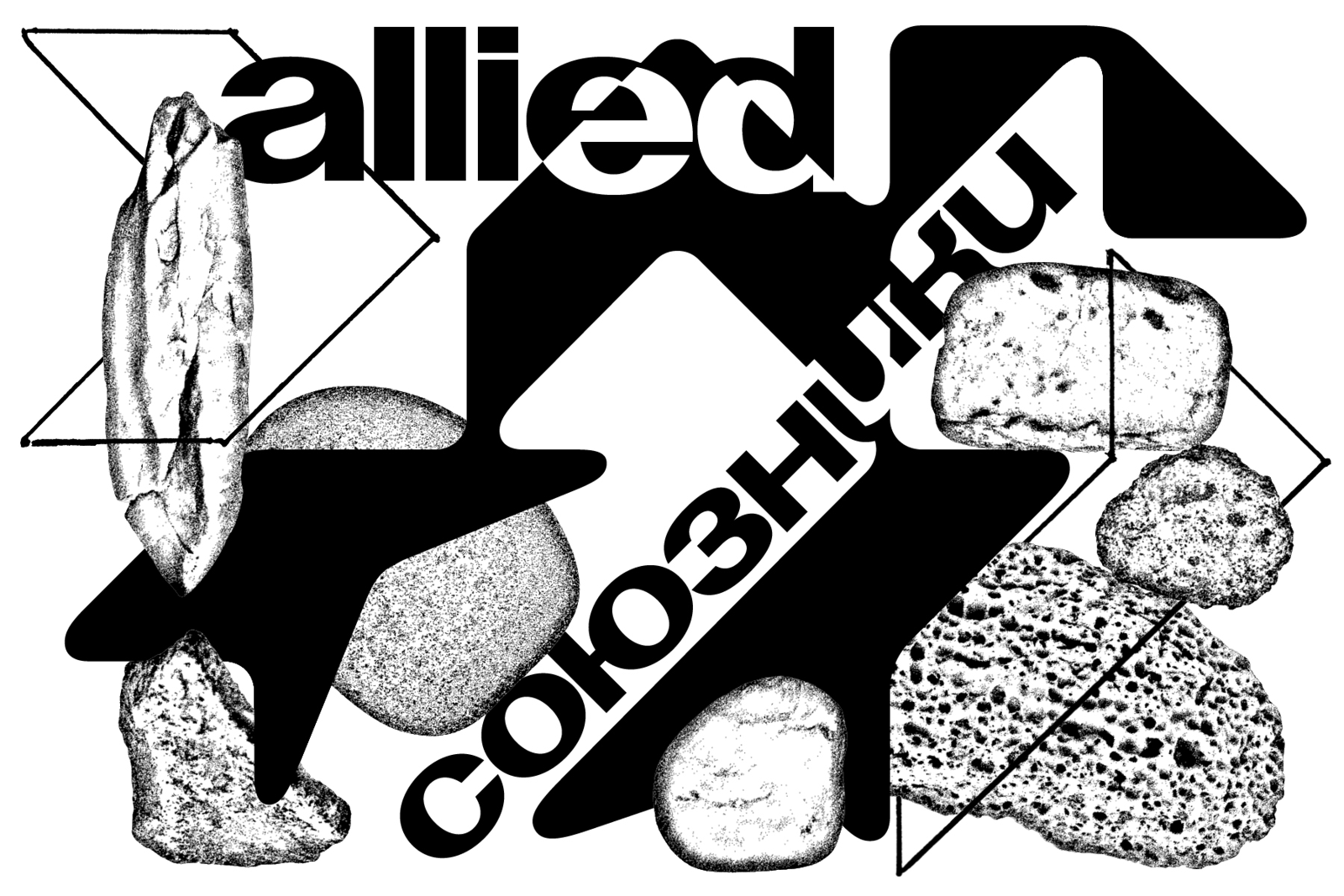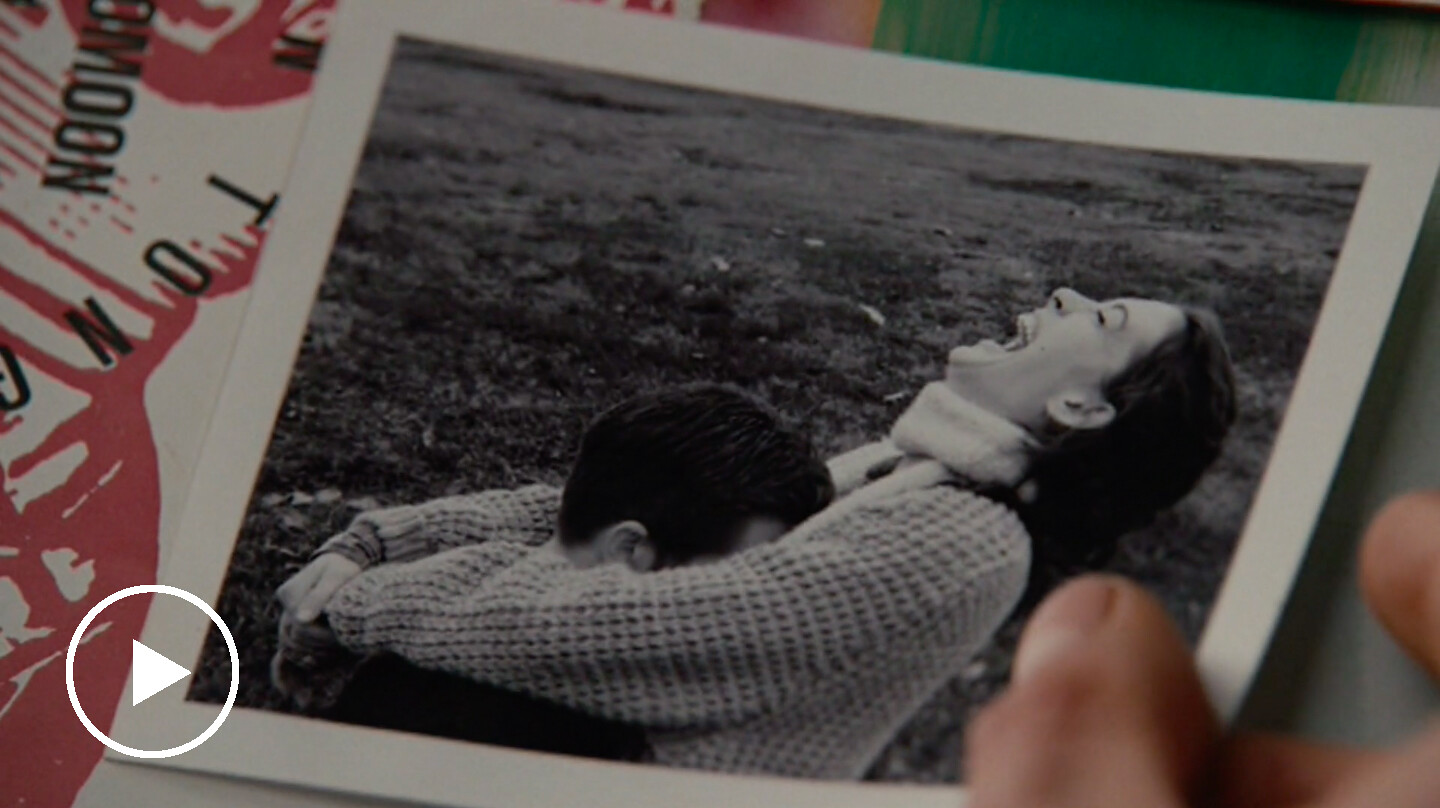Harun Farocki Read Bio Collapse
Harun Farocki was a filmmaker, media artist, and theorist. He was born in Novy Jicin in 1944, in what is today the Czech Republic, and he died in Berlin in 2014. After Farocki studied at the Deutsch Film-und Fernsehakademie Berlin (DFFB) from 1966 to 1968, he worked in film and TV productions on a freelance basis. Farocki started his film career in the 1960s, a period of political modernism and radical avant-garde. He received international attention after Cahiers du Cinema covered him under the title of Who is Farocki? in 1975. Some have called him ‘Germany’s best-known unknown filmmaker’ since his works had been introduced mostly in German speaking area. Farocki’s works treat a wide spectrum of subjects such as film, videotapes, multimedia installation, and so on.
Farocki has been influenced by directors like Robert Bresson, Carl Theodore Dreyer, Jean-Luc Godard, Jean-Marie Straub, Sergei Eisenstein, and Dziga Bertov, but also by writers like Walter Benjamin, Bertolt Brecht, and Günther Anders. Some consider that Farocki’s films belong to the avant-garde montage cinema of Eisenstein and Vertov or New German Cinema of Alexander Kluge, Edgar Reitz, and Wim Wenders. Chris Marker as well as the French Nouvelle Vague have also had an influence on his work.
Farocki’s works are constant conversations with images, with image making, and with the institutions that produce these images. As he once said: “My films are made against the cinema and against television,” he maintains a critical stance toward all media capable to create images.
